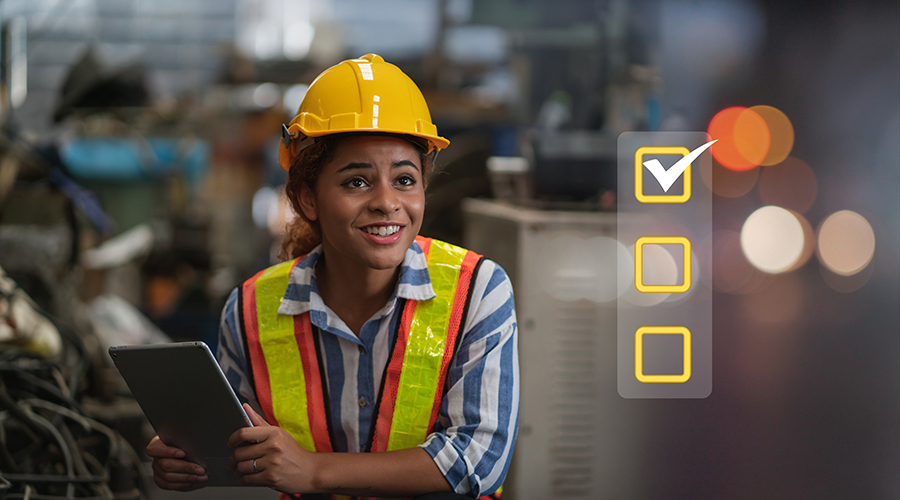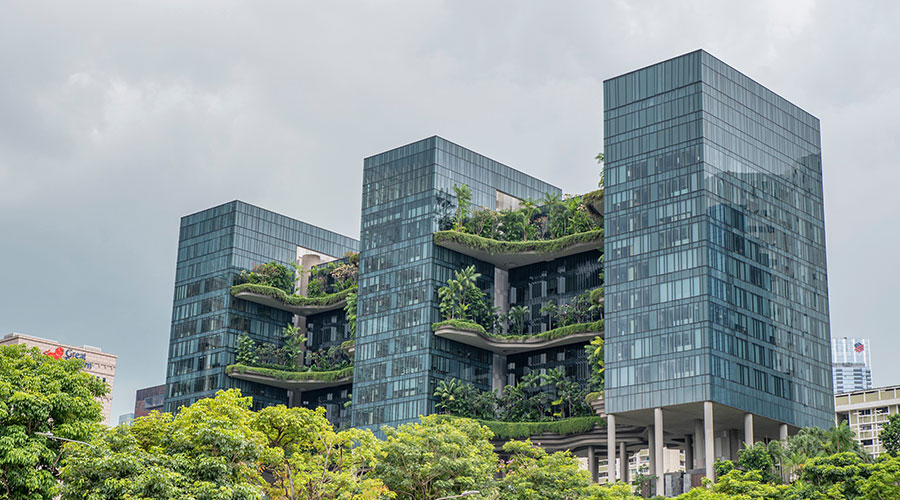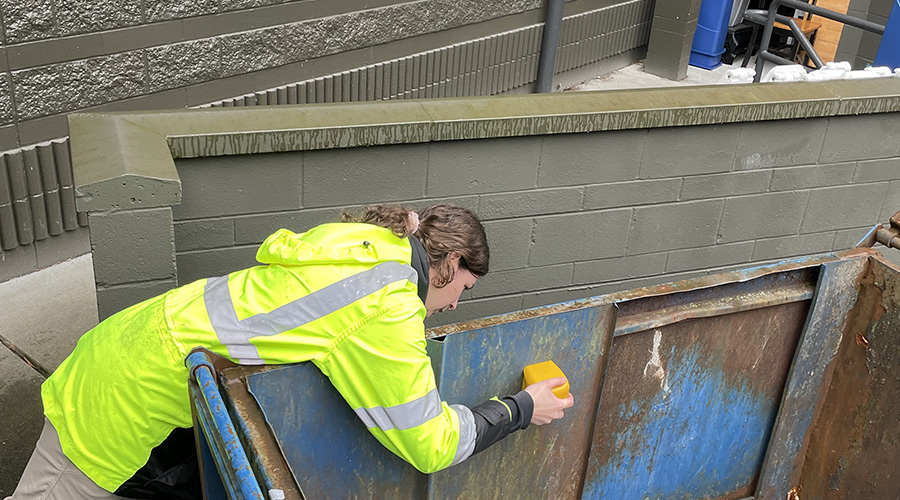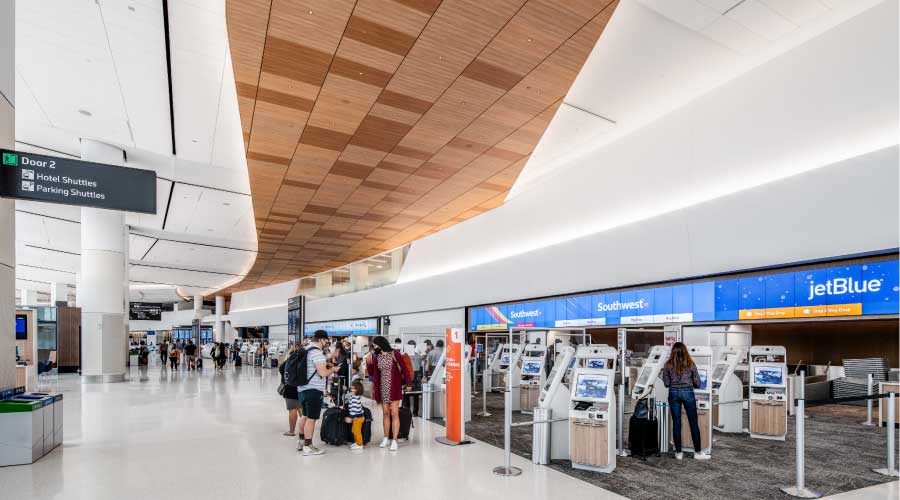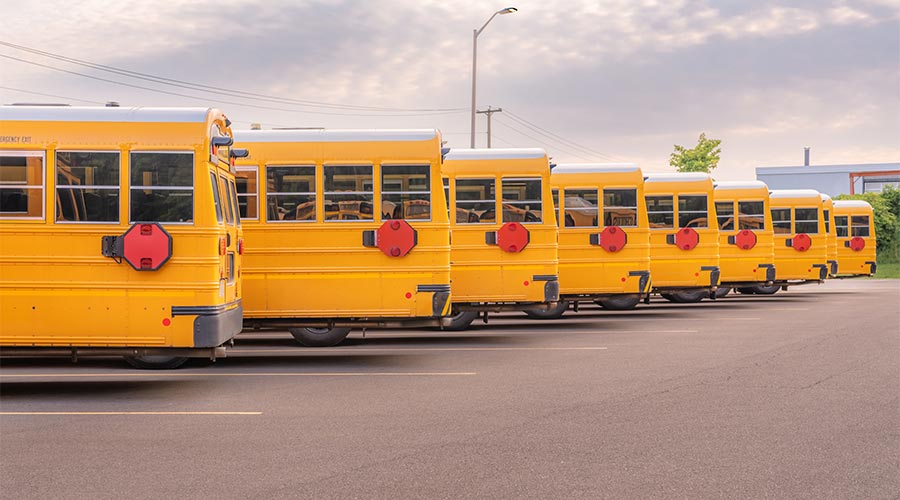Retail Facility Planning Considerations for Solar Panels
Retail chains are prominent among the leading corporate users of solar power. But those organizations have their own planning considerations, depending on factors ranging for type of store to corporate philosophy.
Although Walgreens has solar panels on the roofs of 130 stores, that total represents a small fraction of the company's 8,000 locations. "We have people in the company raising their hands and saying, 'Hey, I've got a store I'm building and I would love to have solar,'" Colwell says. The challenge is to find sites where the local incentives and utility rates make sense. "We have stores in Manhattan that will never see solar," Colwell says, because they occupy one corner on the ground floor of a skyscraper.
Unlike many other corporate solar adopters, Walgreens does not own most of the locations where it is installing arrays, but Colwell says most landlords are receptive "once you explain what you're doing and why, and what they have to do, which in our case is nothing." Some landlords take the opportunity to extend the lease, or to stipulate that Walgreens is responsible for roof maintenance; Colwell says that the condition of the roof is a major factor in whether a particular location gets solar.
Aside from watts and dollars, more and more companies also see sustainable energy as something to be pursued for its own sake. As a privately held company, Ikea is willing to take some losses in order to meet its green power goals, Roth says, which means putting in solar arrays without consideration of state or utility incentives. At remaining locations without solar, Roth says, the decision is usually because the company moved into a pre-existing building without a suitable roof.
"Being Swedish, sustainability is a cornerstone," Roth says. Ikea was early to eliminate plastic bags, it will move to all-LED lighting by 2016, and some of its buildings are LEED certified. In addition to preserving the environment, Roth says the decisions fit Ikea's corporate image. "Our customers are not surprised to learn we have installed solar panels on our buildings."
"Walgreens is all about health and wellness," Colwell says, and it sees reducing its carbon footprint as a public good.
Other companies are lining up, too. Walmart's long-term goal is to be powered entirely by renewable energy, and it hopes to use its scale to drive down prices. Kohl's has more than 150 solar locations across 13 states and offsets more than 100 percent of its conventional companywide energy use.
Viccaro says that although solar power "saves us a little bit of money on our utility bill," the more important aspect now is reducing FedEx's global footprint. "Being a responsible corporate citizen around the world is very important," he says. "Solar is just one part of the broad spectrum of sustainability."
Related Topics:






